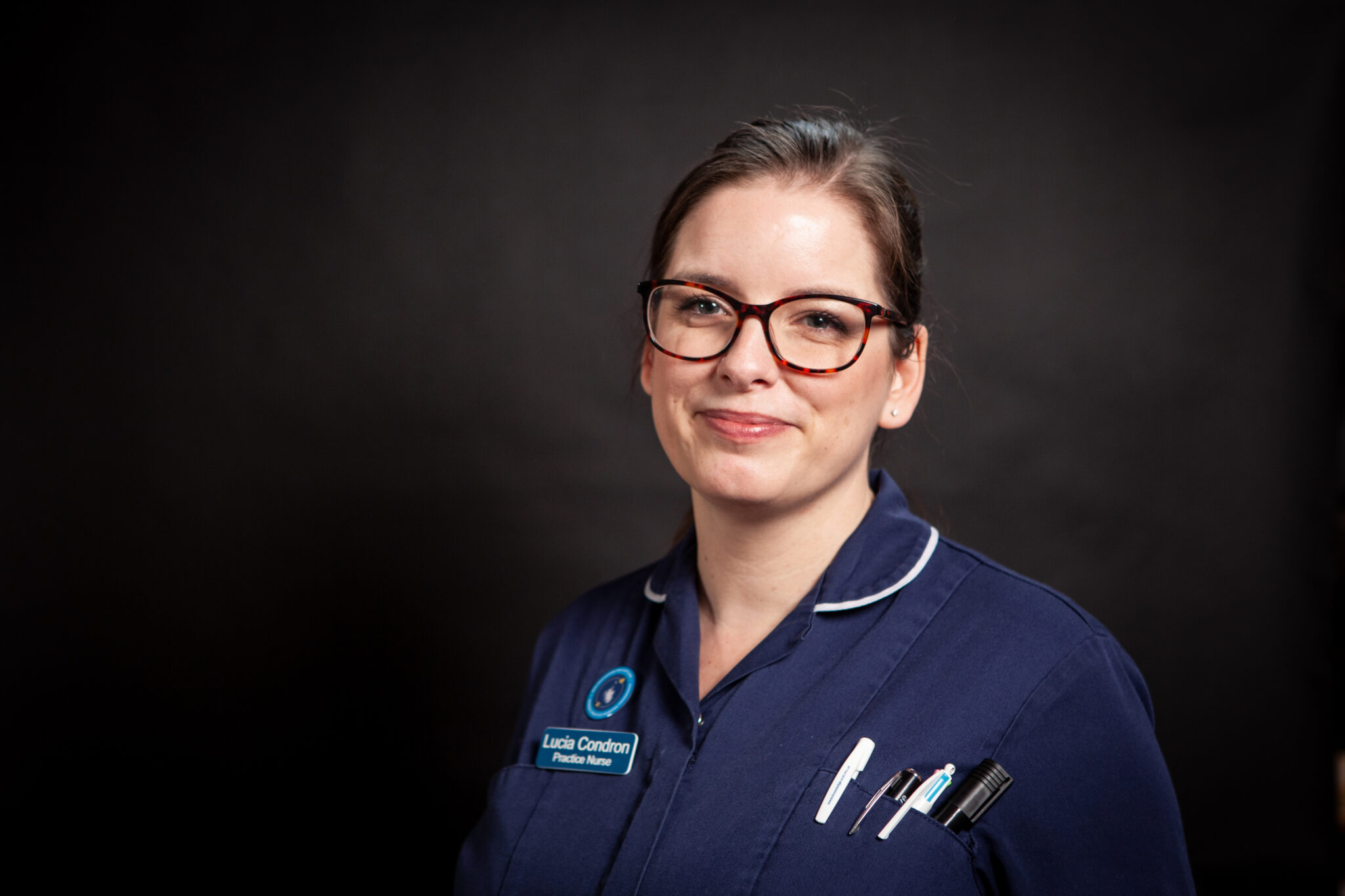Lucia Condron
Senior Practice Nurse
Methilhaven Surgery

“Finding a general practice role wasn’t as straightforward as I hoped. My daughter had a horrible chest infection that turned out to be a collapsed lung and it was a fortuitous conversation with an out of hours GP that eventually led me to my current role.”
“My training has also allowed the practice to offer a more streamlined experience for those with multiple conditions. Instead of relying on practice led appointments, people can request support at any time.”
“I’m a people pleaser and I don’t like to rock the boat at work. My family call it Irish martyr syndrome, not putting our own needs above those of another person. Completing the Queen’s Nurse programme has helped me to acknowledge that what I do is important. Seeing other community nurses and gaining an understanding of our wide and varied roles has been eye opening. The respect for one another is strong. We’re not just nurses and we shouldn’t allow a sense of guilt or dedication to let us be taken advantage of.”
“Kindness is a bottomless well that you can draw from. Patient interactions benefit when you look after yourself.”
“Empathy comes naturally to me. I can’t always sympathise because I haven’t had the same life experience, but I can tune into someone’s feelings. I’m good at talking with more challenging patients because I’m thick skinned. I don’t take it personally if someone just needs a moment of catharsis.”
“However, the disruption of COVID-19 made work particularly difficult for surgery staff when trying to return to a more regular service. We tried to reopen our appointment book based on pre-COVID timings, but it just wasn’t a sustainable system. People had stored up their concerns so as not to overwhelm the surgery during the pandemic and every appointment ran over. Staff were running later and later as the day went on and it was creating unnecessary stress.”